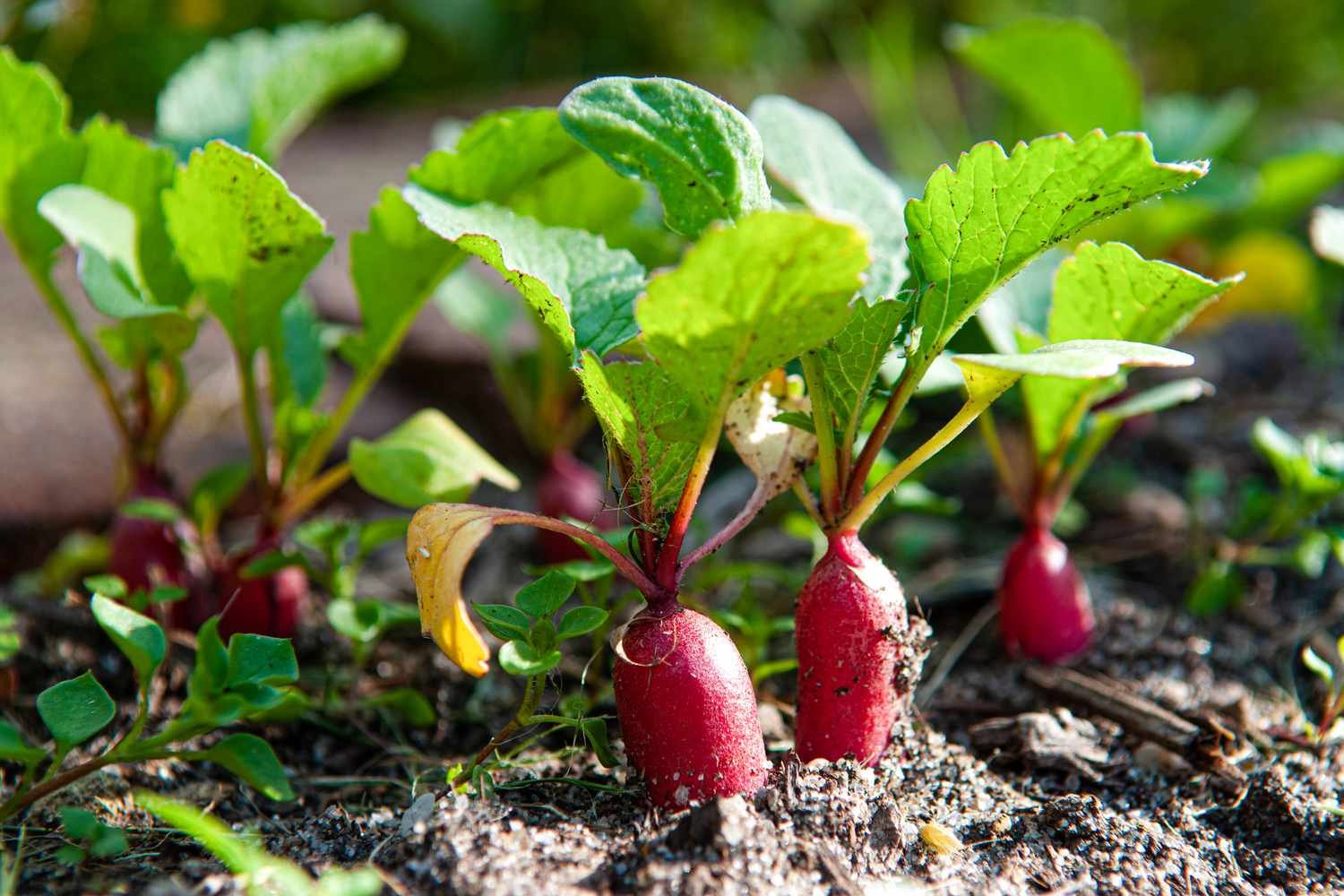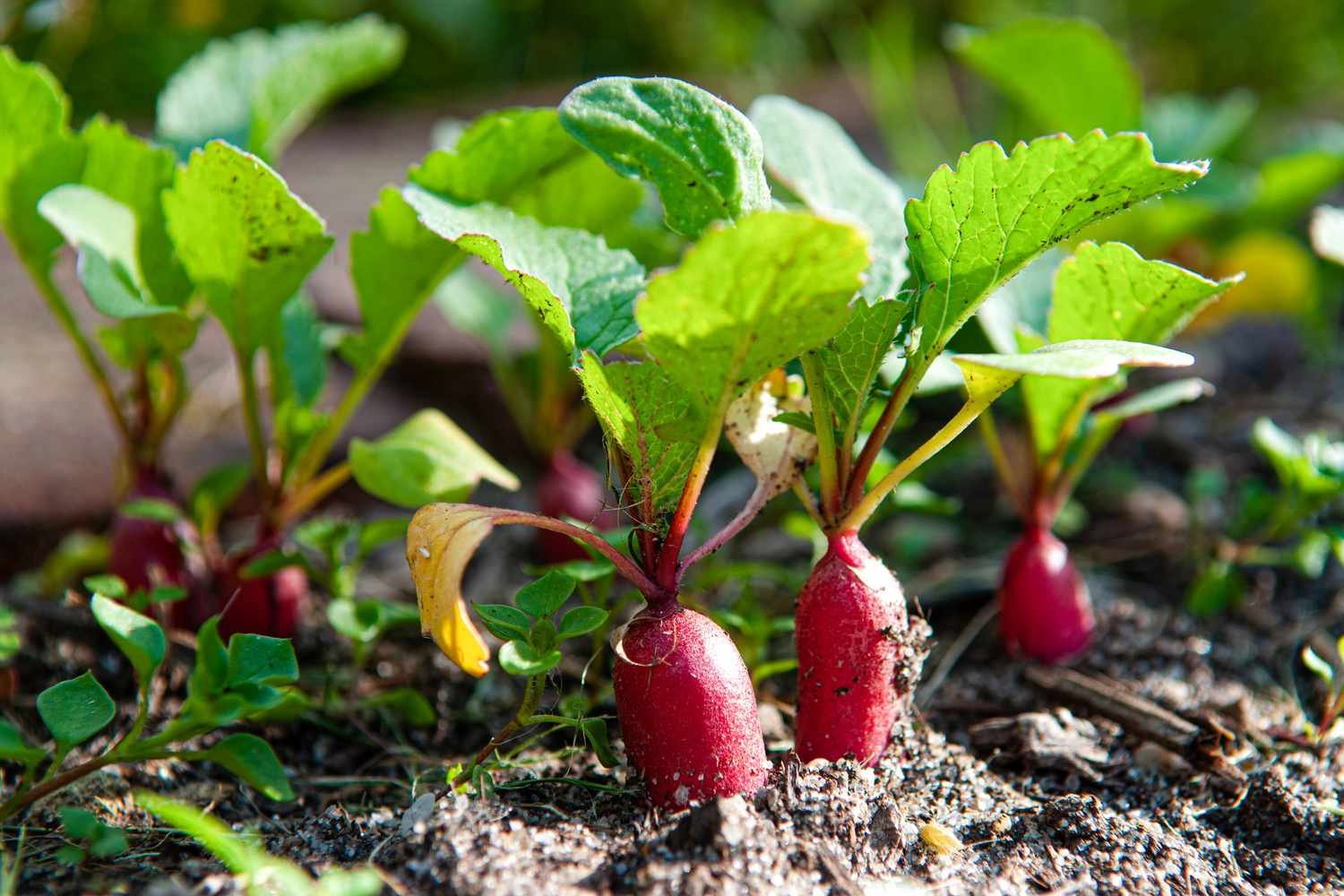Organic fertilizers are essential components of sustainable gardening practices, offering a natural and environmentally friendly way to enrich soil fertility and nourish plants. Unlike synthetic fertilizers derived from chemical processes, organic fertilizers are made from natural materials and undergo minimal processing to preserve their nutrient content. These fertilizers harness the power of organic matter to provide essential nutrients gradually, fostering healthy plant growth and improving soil health over time. Let’s explore the process of how organic fertilizers are made and their benefits for eco-conscious gardeners.

Selection of Organic Materials
Organic fertilizers are typically made from a variety of natural materials, including plant residues, animal manure, composted kitchen scraps, bone meal, fish emulsion, seaweed, and other organic substances rich in nutrients. The choice of materials depends on their nutrient content and availability. For example, animal manure such as poultry, cow, or horse manure is valued for its nitrogen, phosphorus, and potassium content, while composted plant materials contribute organic matter and micronutrients.
Composting and Decomposition
The first step in making organic fertilizers involves composting or decomposing organic materials to break them down into a nutrient-rich form that plants can readily absorb. Composting is a natural process where microorganisms like bacteria, fungi, and earthworms decompose organic matter, releasing nutrients and transforming complex compounds into simpler forms. This decomposition process not only increases nutrient availability but also stabilizes nutrients, reducing the risk of nutrient leaching or runoff.
Fermentation and Digestion
In some cases, organic materials undergo fermentation or digestion processes to enhance nutrient availability and concentration. For instance, fish emulsion is made through a fermentation process where fish waste and water are fermented to extract nutrients like nitrogen and phosphorus. Similarly, seaweed extracts undergo digestion to concentrate beneficial compounds such as potassium, trace minerals, and growth hormones. These processes increase the potency and effectiveness of organic fertilizers while maintaining their natural properties.
Grinding and Mixing
After composting or fermentation, organic materials may be ground or mixed to achieve a uniform texture and nutrient distribution. This step ensures that the final fertilizer product contains a balanced blend of essential nutrients suitable for plant growth. Grinding organic materials breaks down larger particles, facilitating faster decomposition and nutrient release when applied to soil. Mixing different organic materials allows manufacturers to create custom fertilizer blends tailored to specific plant needs or soil conditions.
Pelletizing or Granulating (Optional)
Some organic fertilizers undergo pelletizing or granulating processes to form uniform-sized pellets or granules for ease of application and handling. Pelletizing involves compressing organic matter into small pellets using machinery, while granulation forms larger granules. These processes improve fertilizer usability, reduce dustiness, and facilitate controlled nutrient release when applied to soil. Pelletized or granulated organic fertilizers are convenient for gardeners and farmers, providing accurate nutrient application and minimizing waste.
Quality Control and Packaging
Before reaching the market, organic fertilizers undergo rigorous quality control measures to ensure nutrient content, consistency, and safety. Manufacturers test fertilizer batches for nutrient levels, pH balance, and contaminants to meet industry standards and regulatory requirements. Once approved, organic fertilizers are packaged in bags or containers labeled with nutrient analysis, application instructions, and organic certification labels if applicable. Proper packaging preserves fertilizer quality and ensures accurate nutrient delivery to plants.
Conclusion
Organic fertilizers are made through natural processes that harness the nutrient-rich properties of organic materials to promote sustainable gardening and agriculture. By composting, fermenting, and processing natural ingredients, organic fertilizer manufacturers create products that enhance soil fertility, support plant health, and minimize environmental impact. Gardeners who choose organic fertilizers contribute to soil conservation, water quality protection, and biodiversity conservation, fostering healthy and resilient ecosystems.
Understanding how organic fertilizers are made underscores their value in sustainable agriculture and gardening practices. By embracing organic fertilizers, gardeners prioritize natural nutrient cycles, reduce reliance on synthetic chemicals, and promote long-term soil health and fertility. Incorporate organic fertilizers into your gardening routine to nourish plants naturally and cultivate thriving gardens that benefit both people and the planet.









